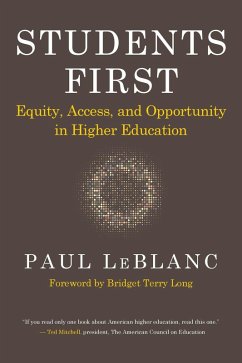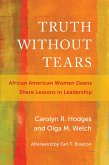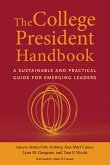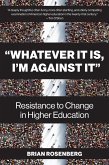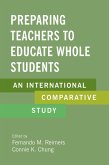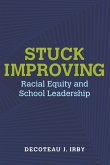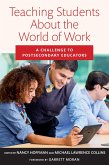2022 Phillip E. Frandson Award for Literature, University Professional and Continuing Education Association (UPCEA)
Paul LeBlanc has reimagined higher education, with a focus on the most fundamental of functions: student learning. In Students First, he advocates for an entire higher education ecosystem in which students have the flexibility to gain, assess, and certify their knowledge on their own terms and timelines.
In a perceptive analysis, LeBlanc provides a clear-eyed view of how and why higher education is failing to reach and serve a great many potential students. He then deftly explores how reform can address systemic inequities, improve college affordability, and broaden accessibility. Through case studies, he highlights alternative delivery models such as online, distance, and just-in-time learning, and he envisions a learning environment that values competencies rather than credit hours. LeBlanc describes how these innovations and others will allow colleges and universities to help close the skills gap and respond to a rapidly evolving, technology-driven job market.
Although a college education remains one of the great drivers of socioeconomic mobility, today's higher education industry has built financial, logistical, and practical barriers that keep out the very students who are most in need of opportunity. Students First makes a persuasive case that realigning US educational priorities will enable larger populations of graduates to enjoy a return on investment in the form of good pay, meaningful work, and a stable future. As the book emphasizes, such change is imperative, for in better serving its students, higher education will better serve society.
Paul LeBlanc has reimagined higher education, with a focus on the most fundamental of functions: student learning. In Students First, he advocates for an entire higher education ecosystem in which students have the flexibility to gain, assess, and certify their knowledge on their own terms and timelines.
In a perceptive analysis, LeBlanc provides a clear-eyed view of how and why higher education is failing to reach and serve a great many potential students. He then deftly explores how reform can address systemic inequities, improve college affordability, and broaden accessibility. Through case studies, he highlights alternative delivery models such as online, distance, and just-in-time learning, and he envisions a learning environment that values competencies rather than credit hours. LeBlanc describes how these innovations and others will allow colleges and universities to help close the skills gap and respond to a rapidly evolving, technology-driven job market.
Although a college education remains one of the great drivers of socioeconomic mobility, today's higher education industry has built financial, logistical, and practical barriers that keep out the very students who are most in need of opportunity. Students First makes a persuasive case that realigning US educational priorities will enable larger populations of graduates to enjoy a return on investment in the form of good pay, meaningful work, and a stable future. As the book emphasizes, such change is imperative, for in better serving its students, higher education will better serve society.
Dieser Download kann aus rechtlichen Gründen nur mit Rechnungsadresse in A, D ausgeliefert werden.

